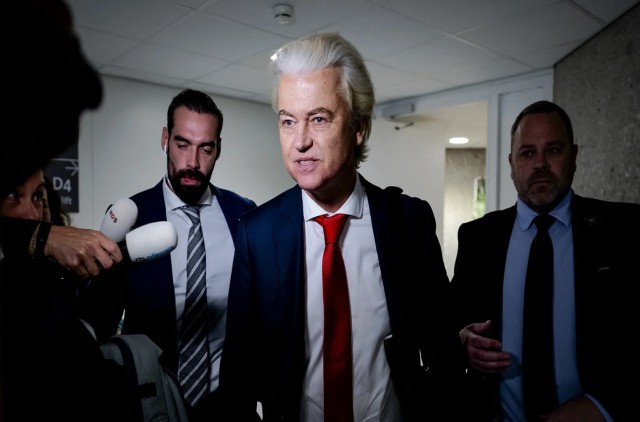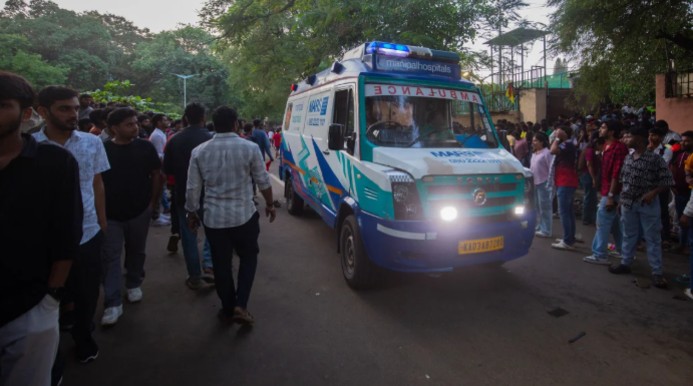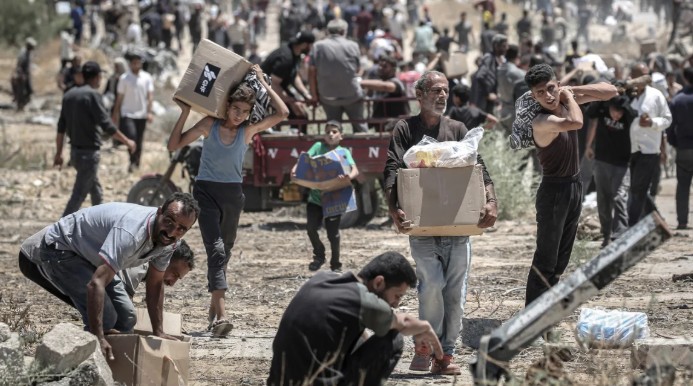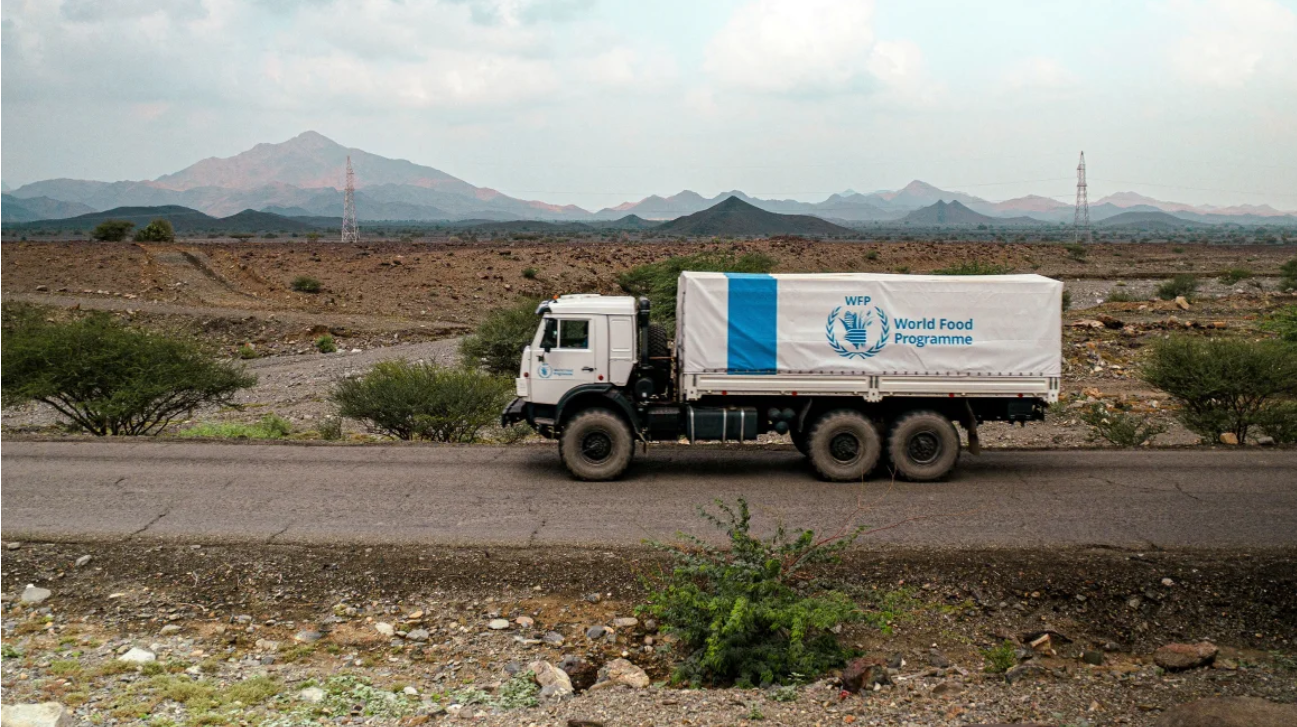
Geert Wilders speak with reporters in The Hague on June 3 as he withdraws his party from the Netherlands' governing coalition.
The Dutch political landscape was shaken on Tuesday as the far-right Party for Freedom (PVV) led by Geert Wilders exited the ruling coalition. The decision has resulted in the collapse of the Netherlands’ most right-leaning government in history. The move came after a heated dispute over asylum policies, marking a dramatic turn in Dutch politics.
Wilders Pulls the Plug Over Asylum Dispute
Geert Wilders, known for his hardline views on immigration, cited broken promises as the reason for pulling out. “I signed up for the strictest asylum policy, not the downfall of the Netherlands,” Wilders stated firmly.
He accused the coalition of rejecting his party’s proposals on drastically tightening asylum laws. His exit has left Prime Minister Dick Schoof’s government with just 51 seats out of 150 in the Dutch parliament.
Prime Minister Calls Exit Irresponsible
Prime Minister Dick Schoof condemned the PVV’s withdrawal. Calling the decision “unnecessary and irresponsible,” Schoof expressed disappointment after the cabinet meeting. He confirmed that the government cannot continue without PVV's support and will now operate in caretaker mode. He did not reveal much about his conversation with Wilders but acknowledged the end of their fragile alliance.
Snap Elections Likely as Opposition Demands Fresh Mandate
With the coalition broken, opposition parties are demanding immediate elections. Surveys suggest PVV might lose some seats but would still emerge as the largest single party. However, given the fragmented Dutch political system, being the largest party does not guarantee a return to power. Analysts predict that both center-right and center-left parties could gain ground in the next election.
Fragile Coalition Crumbles After Months of Struggle
Wilders' party had come out on top in the November 2023 elections, securing a surprise victory. Despite this win, Wilders himself stayed out of the cabinet due to coalition agreements. Months of tense negotiations followed, leading to a deal that allowed the PVV to join the government while limiting Wilders' direct control.
But cracks started showing as Wilders pushed for extreme measures on asylum. Last week, he held a rare press conference, issuing an ultimatum to harden the country’s asylum policy. The proposals included closing borders to asylum seekers and shutting down asylum centers.
PVV Demands Rejected, Sparks Exit
Despite having the minister for asylum and migration from his own party, Wilders’ proposals were reportedly dismissed by coalition partners. Wilders declared, “We proposed a plan to close the borders, stop building centers, and send asylum seekers away.” When the coalition refused, he said he had no choice but to end support. “This was not what we promised the Dutch people,” he added.
What’s Next for the Netherlands?
The Netherlands now enters a period of political uncertainty. The caretaker government will remain until a new coalition is formed, likely after elections. Whether Wilders’ PVV can regain influence or other parties will step forward remains to be seen. For now, asylum policy has once again triggered a major political crisis in Europe.















